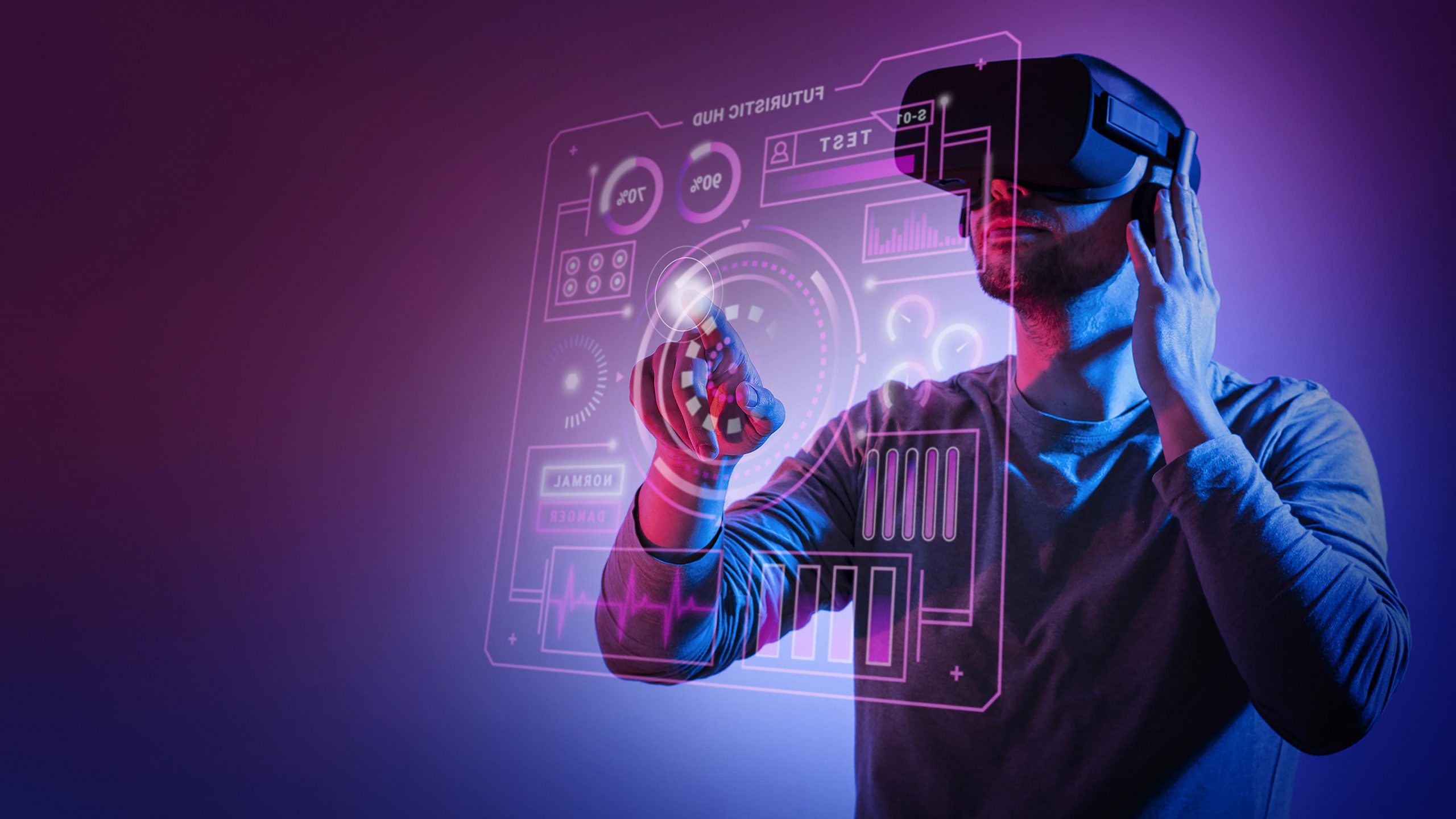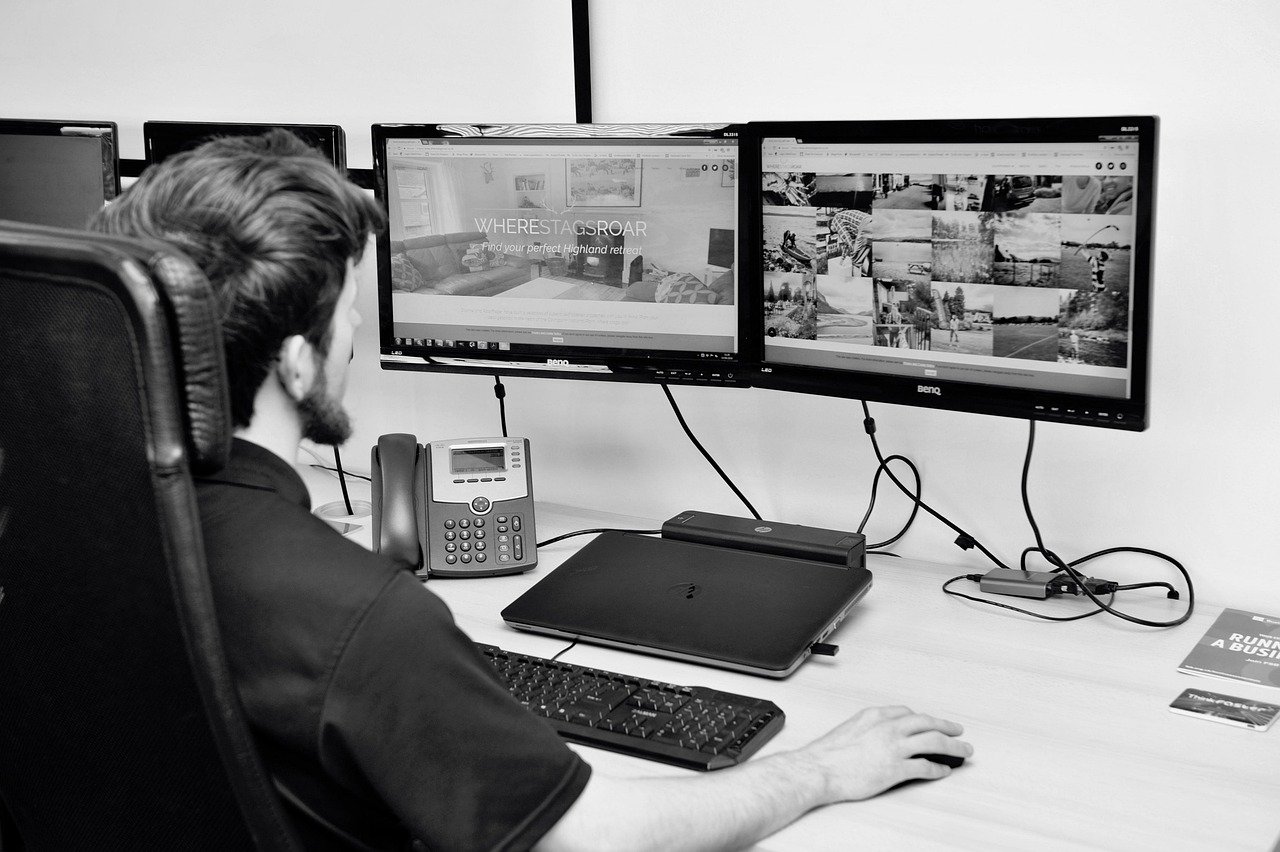7 Breakthroughs in Emerging Tech That Could Revolutionize and Complicate Our Lives
Introduction
Technology is accelerating at a pace we’ve never seen before. From AI agents and quantum computing to immersive virtual realities, innovation is reshaping the way we work, connect, and live. But alongside the benefits come inevitable complications ethical dilemmas, data privacy risks, and growing social divides.
In this comprehensive blog, we explore technology seven groundbreaking emerging technologies that could redefine our future. Each breakthrough is examined through both its transformative potential and the challenges it introduces, offering a balanced view for readers, professionals, and tech enthusiasts alike.
Explore more emerging tech on Mindjio.com
Find future-ready solutions and tools at Hadiatech.com
1. Artificial General Intelligence (AGI)
The Good: AGI refers to AI systems that possess general cognitive abilities just like a human. They can learn, reason, solve unfamiliar problems, and even develop emotional intelligence. If realized, AGI could automate everything from scientific research to complex decision-making, opening the door to unimaginable progress.
The Complication: AGI also poses existential risks. Who controls it? How do we ensure it aligns with human values? The lack of regulation and consensus on ethical boundaries has sparked debate among top researchers, including those at OpenAI and DeepMind.
![]()
2. Quantum Computing
The Good: Quantum computers process data in fundamentally different ways, solving problems that classical computers would take millennia to handle. technology Applications include revolutionizing cryptography, material science, logistics, and drug discovery.
The Complication: Quantum systems could also break today’s encryption methods, threatening global cybersecurity. Companies, banks, and governments may need to adopt quantum-safe cryptography to stay secure, posing new infrastructure challenges.
3. Brain-Computer Interfaces (BCIs)
The Good: BCIs like Elon Musk’s Neuralink allow direct communication between the brain and machines. They promise life-changing capabilities, such as restoring mobility for people with paralysis, or even enhancing human cognition and memory.
The Complication: Tapping into the brain raises profound concerns around mental privacy, identity, and abuse of power. Could corporations manipulate thoughts? Could hackers access memories? The tech is promising but ethically volatile.
4. Decentralized Finance (DeFi) and Blockchain 3.0
The Good: Emerging blockchain systems now offer faster transactions, lower fees, and better scalability paving the way for global financial inclusion. DeFi platforms allow users to earn, trade, and invest without intermediaries, reducing barriers to entry.
The Complication: The rapid rise of DeFi has also exposed flaws like hacks, rug pulls, and lack of user protections. Many investors have lost savings due to unregulated platforms, making trust and transparency the industry’s Achilles’ heel.
Learn more about secure decentralized tools at Hadiatech.com.
5. Extended Reality (XR): VR, AR, and the Metaverse
The Good: XR technologies are transforming industries from virtual surgeries and immersive education to remote workspaces and entertainment. technology The Metaverse promises a unified, always-on digital universe where people can socialize, build, and transact.
The Complication: Critics argue XR may increase escapism and blur the line between real and virtual. Digital technology addiction, identity confusion, and mental health implications are under-researched but increasingly relevant. Privacy is another red flag especially with devices capturing eye movement and brainwave data.
6. Synthetic Biology and Gene Editing (CRISPR 2.0)
The Good: Synthetic biology enables us to design organisms with tailored traits curing genetic diseases, producing clean energy, or even creating climate-resilient crops. CRISPR’s next-gen tools can now perform precise gene modifications with fewer off-target effects.
The Complication: Editing human embryos, creating synthetic life, or modifying ecosystems

could have unforeseen and irreversible effects. There’s growing concern over ‘designer babies’ and bioethics in countries with weak regulatory frameworks.
7. Autonomous Robotics and AI Agents
The Good: From warehouse automation to surgical robots, autonomous machines are increasing efficiency and safety across multiple sectors. Combined with AI agents, these systems can make decisions, adapt in real-time, and learn from environments.
The Complication: Displacement of jobs remains a top concern. As technology machines take on more roles, low-skill labor markets may collapse without reskilling efforts. There’s also the danger of over-dependence, where humans become too reliant on machines for critical decisions.
Discover how AI agents are shaping the future at Mindjio.com.
The Crossroads: Regulation, Responsibility, and Readiness
As these technologies develop, so must our frameworks for governance, ethics, and access. Tech alone won’t shape the future human intention will. Policymakers, innovators, and end-users must come together to:
- Ensure open and fair access to life-enhancing tools
- Establish global regulations around safety and privacy
- Promote education and upskilling to prevent social divides
- Develop digital literacy to combat misinformation and misuse
Final Thoughts: Innovation With Integrity
Technology is a double-edged sword capable of remarkable good and dangerous excess. The seven breakthroughs we’ve covered are not just buzzwords; they are active forces, shaping the architecture of tomorrow. But with every line of code or lab breakthrough, we must ask: Are we solving problems or creating new ones?
Let’s choose innovation that lifts society rather than divides it.




